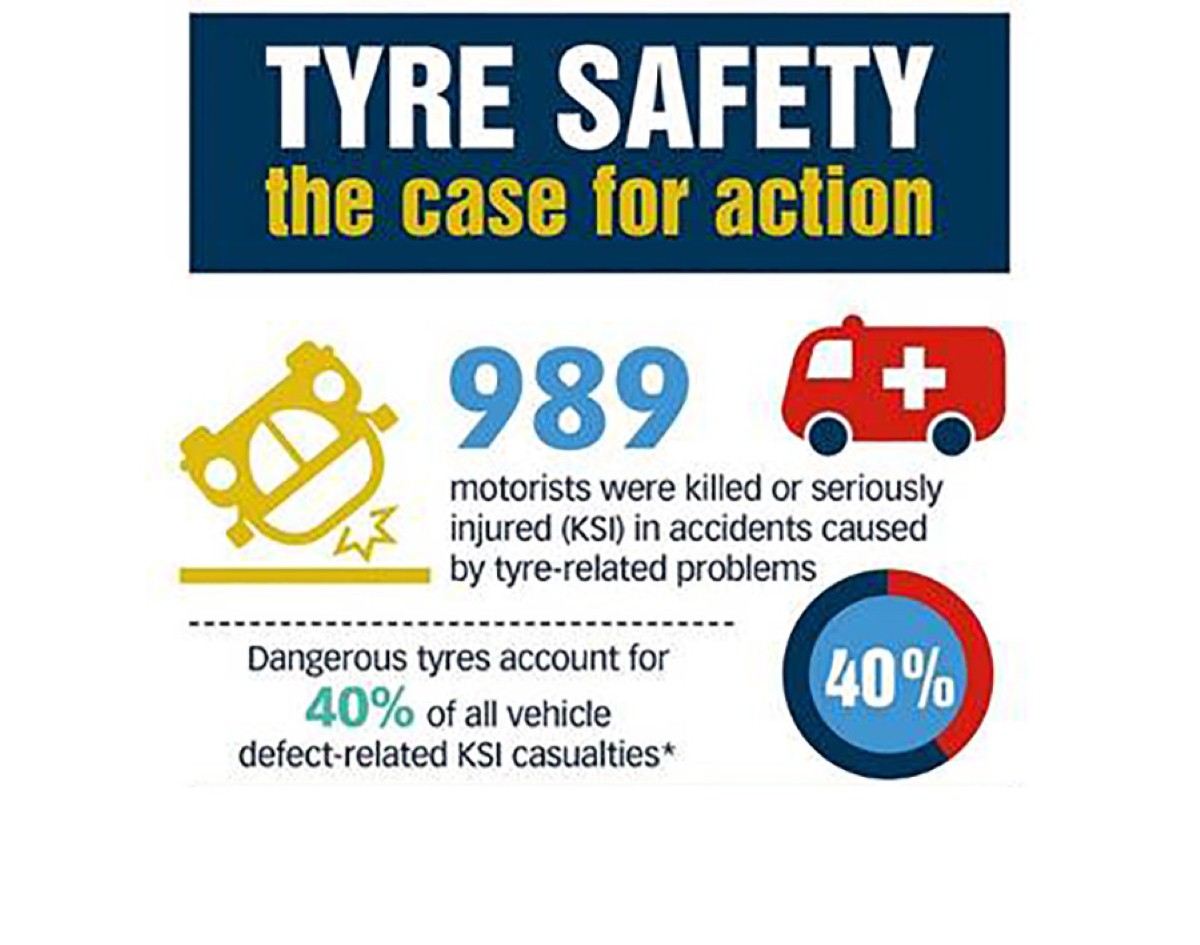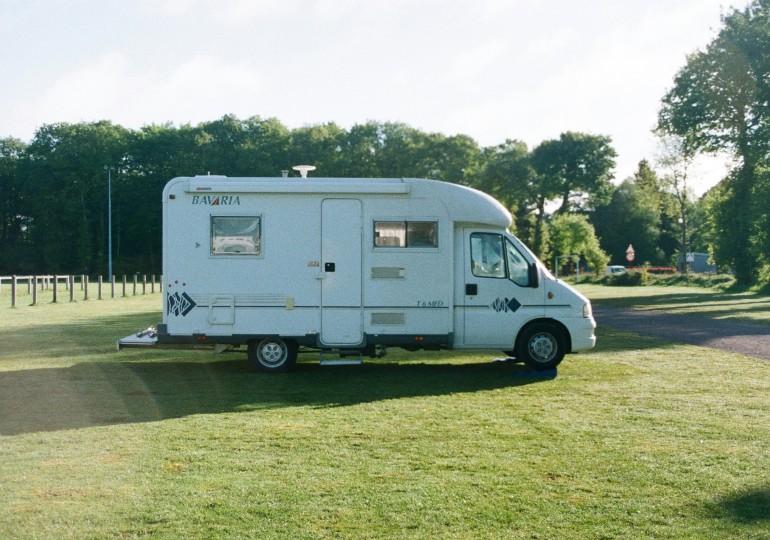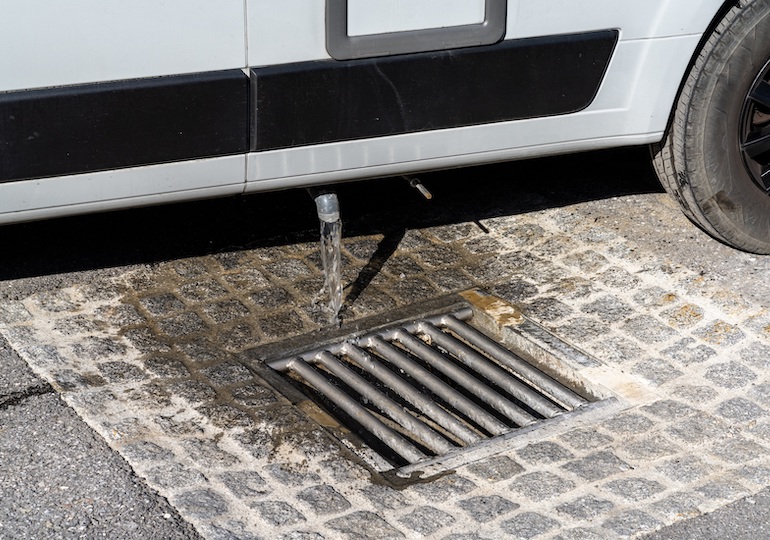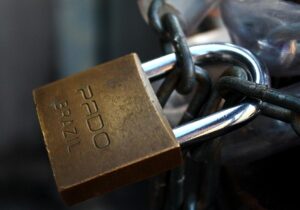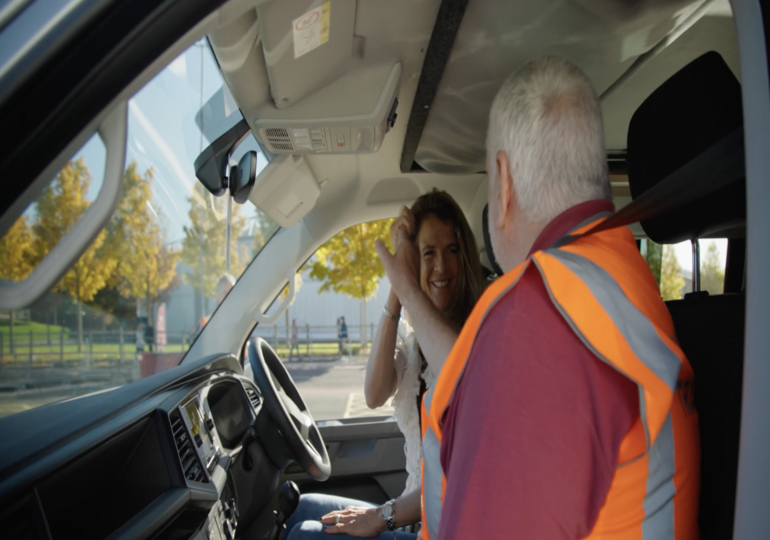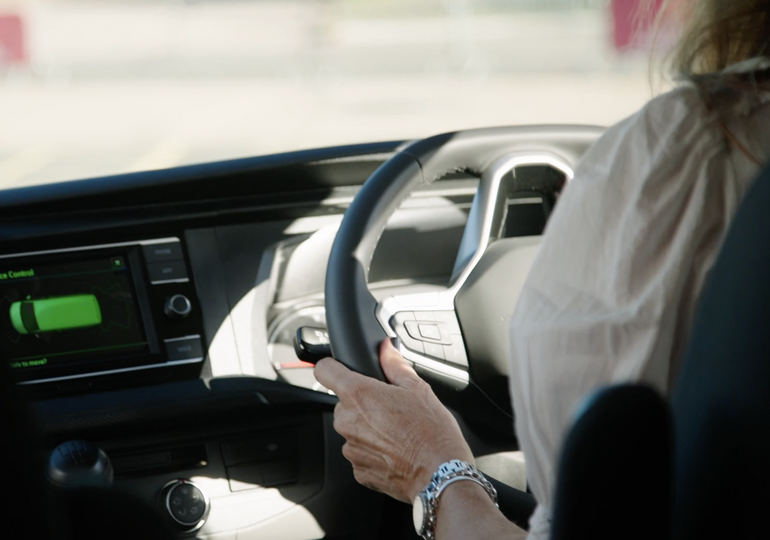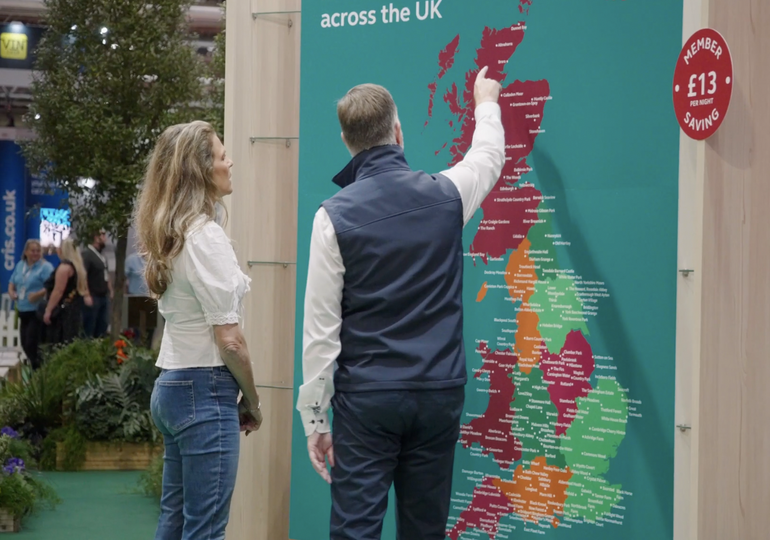by Joe Jeffrey
5,677 incidents on road of which 989 people were killed or seriously injured due to unsuitable tyre conditions
Every year, tyre-related incidents result in thousands of casualties and cost the economy tens of millions of pounds and, it goes without saying, ensuring your tyres are in good order before setting off with your caravan is of paramount importance. Now, TyreSafe has highlighted how motorists could help dramatically reduce the number of incidents and costs by carrying out regular monthly safety checks.
Following extensive research by the not-for-profit organisation, including the collation of government and road safety stakeholders’ data, TyreSafe has identified the important need for a change in driver behaviour, with the organisation urging all Britain’s motorists to ensure their tyres are inflated to the vehicle manufacturer’s recommended pressures for the load, as well as having sufficient tread depth and ensuring all tyres are in roadworthy condition.
The facts collated by TyreSafe are pretty phenomenal in the grand scheme of things, with the total number of casualties resulting from tyre-related incidents over the last five reported years totalling 5,677 of which 989 people were killed or seriously injured, annually averaging 1135 and 198 respectively. Also, where casualties arise from an accident caused by a vehicle defect, tyres are the single largest contributory factor over the last five reported years, accounting for 36 per cent of the total.
It was also found that the estimated cost of tyre-related incidents to the economy over the last five reported years is £416 million, averaging a whopping £83.2 million annually, whilst TyreSafe’s survey, in partnership with Highways England, revealed potentially up to 10 million, or more than one-in-four cars and vans on Britain’s roads, was driven with an illegal and dangerous tyre in 2015.
Additionally, Highways England attended 38,247 tyre-related callouts on the motorway and major ‘A’ road network alone in 2015. The vast majority of these incidents resulted in the vehicles coming to a halt on the hard shoulder of these high speed roads, leaving them in a vulnerable and potentially dangerous situation. On average a vehicle is included in Highways England statistics if you are on the hard shoulder for just 12 seconds.
“What we’re urging motorists to do is carry out tyre safety checks on a monthly basis which will substantially reduce their risk of becoming involved in a tyre-related incident on the roads,” said Stuart Jackson, TyreSafe chairman.
“Vehicles have become progressively more reliable over the years so fewer of us need to carry out the weekly maintenance we once did on components like oil and water, but tyres are still in direct contact with the road and all the potential physical objects on them. Even new tyres lose pressure over time and can become damaged by potholes or kerbing.
TyreSafe has now released advice on how to carry out routine tyre checks but has also urged those who are unsure how to check their tyres properly to visit their local TyreSafe retailer who will be able to help.
How to Check
TyreSafe recommends drivers check their tyres’ Air pressure, condition and tread depth at least once a month and before long journeys. The simple maintenance routine can be carried out in just a minute or two.
A tyre’s air pressure influences the way a vehicle handles and how much fuel it uses. If it is not inflated to the manufacturers recommended inflation level, the vehicle will not brake and steer as it should, there is an increased risk of a sudden deflation and the fuel consumption will rise.
The correct pressures can often be found in the door shut or filler cap, but it will certainly be in the owner’s manual or on TyreSafe’s pressure checker which can be found here. Drivers are reminded there are two pressures, one for when partly-loaded and the other when fully-loaded.
While you’re checking pressures, it’s a good opportunity to have a look at the tyre’s condition. Tyres are never manufactured with lumps, bumps or objects sticking in them, so if you see any of these, you’ll need to have the tyre inspected. If objects like stones are wedged in the tread, remove them if you can.
The minimum legal tread depth is 1.6mm, the maximum penalty for driving with a tyre below that is three penalty points and a fine of up to £2,500 per tyre. TyreSafe’s ’20p test’ provides you with a quick check to see how close your tyres are to that limit. Place a 20p coin into the main tread grooves at three points across the tyre and then repeat around its circumference. If the outer band is visible, the tyres may be unsafe or illegal and need to be checked by a tyre professional.
Do you check your tyres as often as you should? And do you have any more advice you can offer our CaravanTimes readers? Let us know in the comments below.

